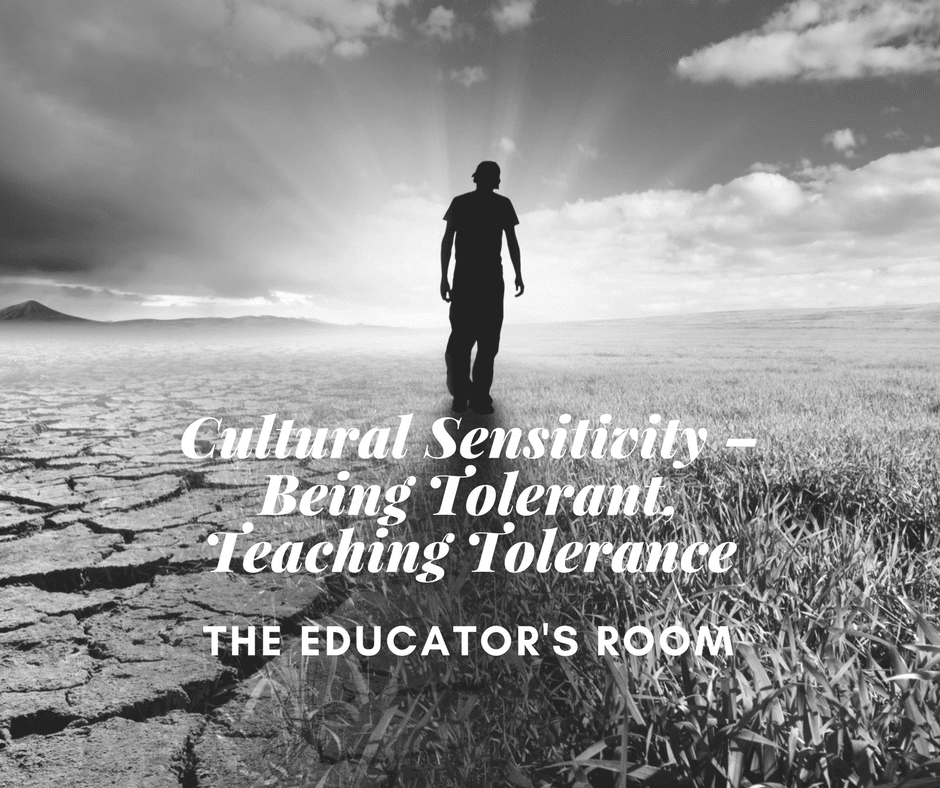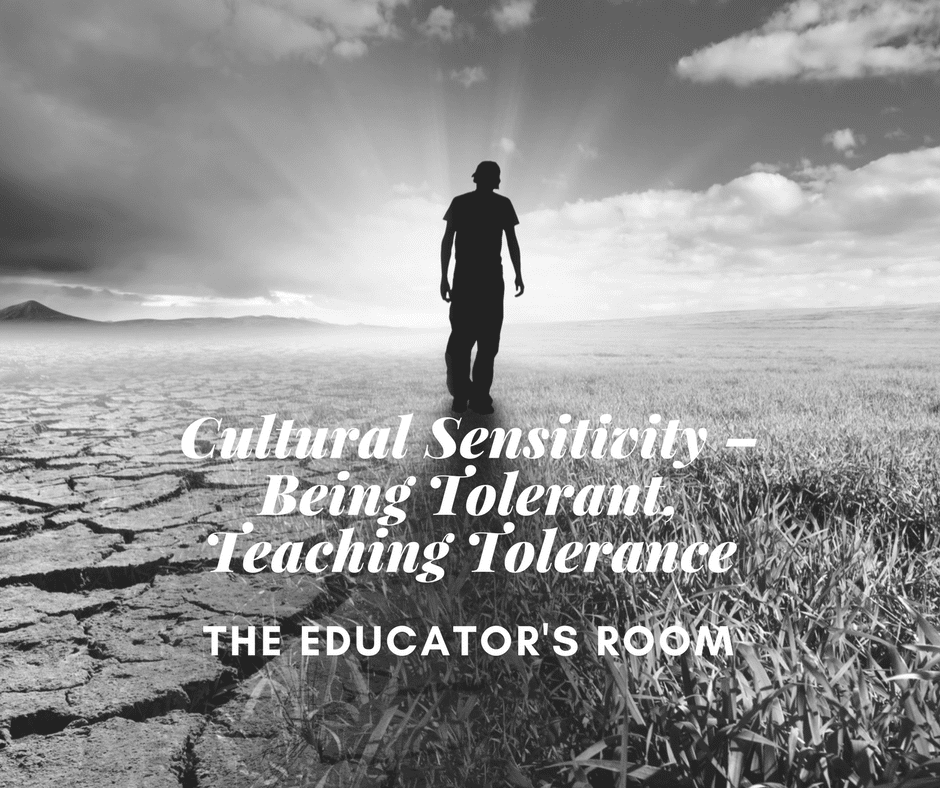The highest result of education is tolerance. — Helen Keller
As the demographics of the United States continues to change over the next several decades it becomes exceedingly important for teachers to become culturally sensitive to their students. Knowing the cultural backgrounds of your students will make communicating with parents easier. It will also make discipline easier. And most importantly, it will provide a better education for all of your students.
Let me provide you with a few examples of what I mean by cultural sensitivity.
1. At the beginning of the school year look over your class lists for any names that you may not be able to pronounce. If you can pronounce either the first or last name use that the first time you take roll and ask how to pronounce the name that is unfamiliar to you. It avoids embarrassing the child or you. It also earns you points with the parents and the child for showing that you care.
2. Find out if English is the primary language at home. If it is not, keep that in mind when you need to contact the parents. If ESL classes exist in your school speak to the teacher about how to contact parents who don’t speak English.
3. Be conscious of “code words.” For example, in an African American community do not tell students who are acting up to “stop acting like animals.” Remember, in many cultures children are taught not to look at an adult who is chastising them so know which cultures do this before assuming a child is being disrespectful. Allow your students to tell you if you have said something offensive. Sometimes you may say something fairly innocent that has a particularly negative connotation to a child.
4. I’m including this example because religious sensitivity in public schools may also be necessary depending on where you teach. During my career, I had a number of students who were Jehovah’s Witnesses. Sometimes parents would keep their students home on days where they felt that holiday celebrations would take place. I learned early on to let those parents know that I would always find a place for their child to spend the periods when we might be having a celebration. I made arrangements with the art, music and gym teachers to send non-participating students to them.
Here are some tips for teaching in a culturally diverse classroom.
– Connect what you teach to the experiences of all of your students. It gives them a reason to learn what you are teaching.
– Hold all of your students to high standards.
– Have students work on projects in diverse groups.
– Have students share their culture with the class through art, story, food or customs.
The most important thing that you can do as the teacher of a diverse group of students is to model tolerance. If you are new to a school you have the perfect situation to get to know a diverse group of colleagues. By interacting with colleagues with different backgrounds, your students will see that you do what you want them to learn to do.




